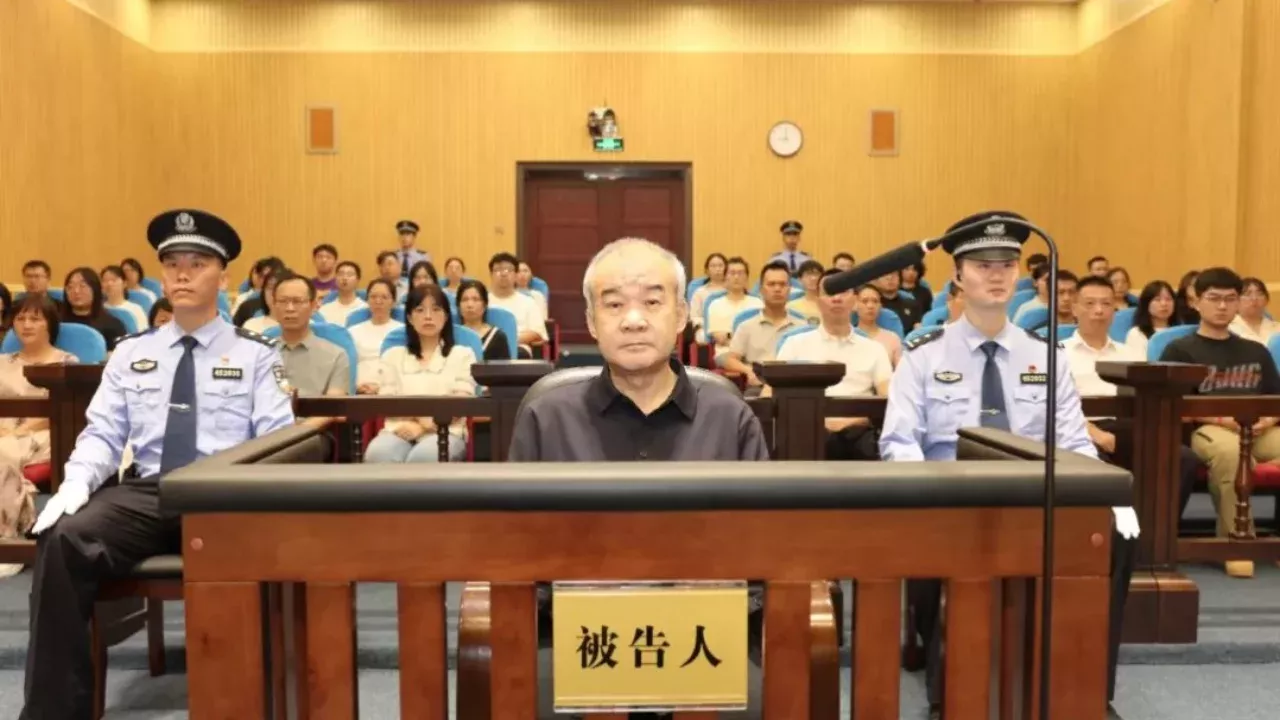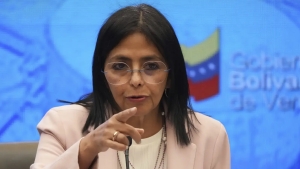The former politician from Xinjiang received a harsh punishment for corruption

Corruption cases that have been ongoing for many years in China's Xinjiang Uyghur Autonomous Region have been exposed once again. This was reported by Zamin.uz.
The People's Court of the city of Luchjou issued a severe sentence on July 9 against Dou Vanguy, the former deputy chairman of the region's Political Consultative Conference. This court case has attracted significant attention and debate not only in the region but also across the entire country.
According to the court's decision, Dou Vanguy was sentenced to death, but the execution was postponed for two years. He was deprived of all political rights for life, and his personal property was completely confiscated.
These strict measures are explained by his extensive corruption schemes and the significant damage caused to the state. It has been revealed that Dou Vanguy was investigated in May 2024 and officially arrested in October.
According to the investigation data, he abused his official powers in the mining and corporate business sectors for 19 years from 2003 to 2022. His illegally obtained income amounts to 229 million yuan, which is approximately 32 million dollars.
During the trial, it was proven that the former official used his official powers to grant privileges to various individuals, sponsored projects and contracts, and illegally increased his personal wealth. It was also found that he advanced his interests through acquaintances in major business deals and projects in the Xinjiang region.
The court considered Dou Vanguy's expression of remorse for his actions, his admission of guilt, and his return of illegally obtained funds to the state as mitigating factors. However, these circumstances did not seriously affect the sentence, and he was permanently deprived of all political rights, and his property was confiscated.
This court case is seen as another example of the comprehensive fight against corruption being conducted by the Chinese government. Officials emphasize that the fight against any violations and abuses of power will continue vigorously.
It remains to be seen whether cases like Xinjiang will lead to increased accountability and demands for justice from leaders across the country in the future. However, one thing is clear: the anti-corruption policy in China continues as a path of no return.







